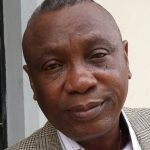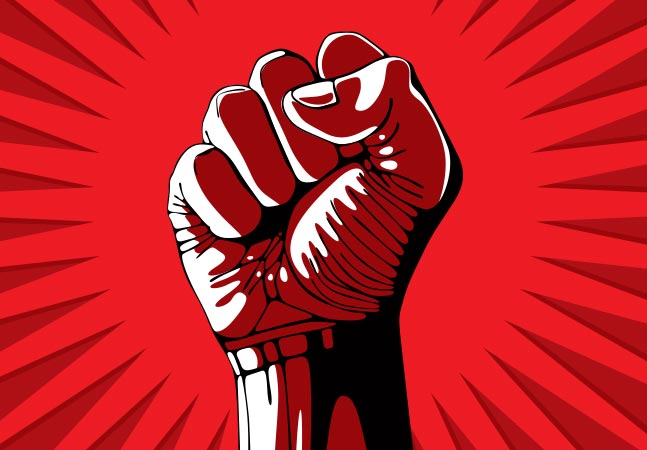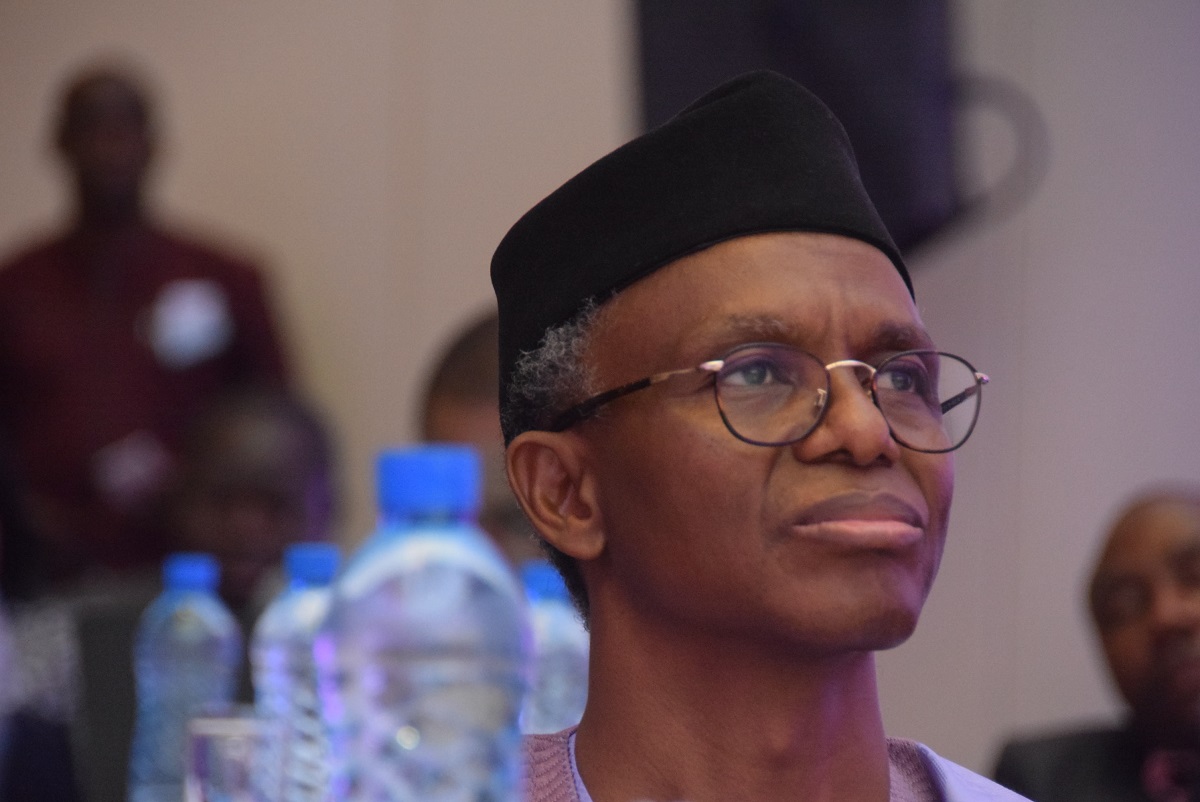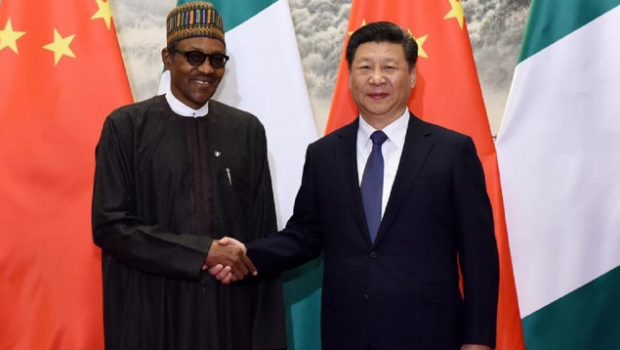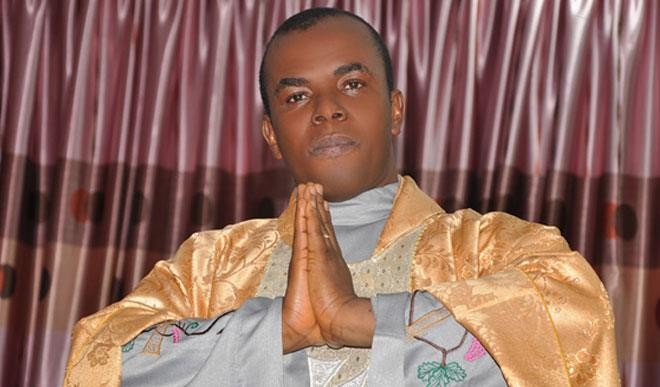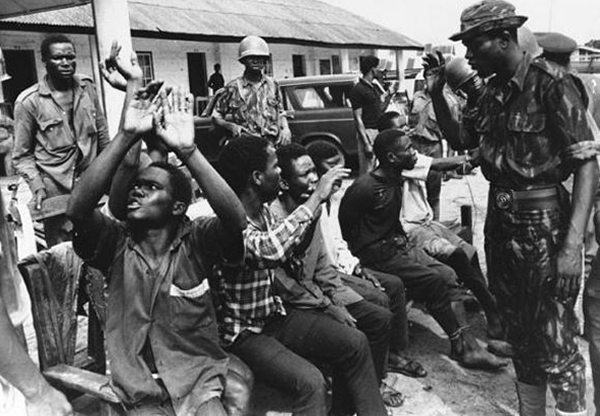This house has fallen – Nigeria in crisis is a 327-page book written by Mr. Karl Maier who lived in Nigeria as a foreign correspondent for two years, from 1991-1993, and returned often on reporting assignments.
According to him he had inputs in writing the book from Chris Alagoa, Richard Dowden, Yomi Edu, Anthony Goldman, Phil Hall, Michael Holman, Nick Ashton-Jones, Peter Cunliffe-Jones, Bill Knight, Abidina Coomasi, Father Matthew Kukah, Dr. Suleiman Kumo, Bashir Kurfi, Dr. Beko Ransome-Kuti, Clement Nwankwo, Nduka Obaigbena, Barnaby Phillips, Patrick Smith, Olukayode Sokoya, Mathew Tostevin, Bala Usman, William Wallis and his two angels, Ken Wiwa, Simon Yohanna, and Kabiru Yusuf.
Mr. Maier quoted in the book, Professor Wole Soyinka, Professor Chinua Achebe, Major General Ishola Williams (rtd.), Bobo Brown of Shell Petroleum Development Corporation and the Publisher of City People magazine, Mr. Seye Kehinde. The book was published in 2000 by the Penguin Books.
Since the publication there has been reactions on the book, Mr. Nicolas Okpe said “the book is typical post-colonial prejudice by western journalist”. The book x-rays Nigeria’s past and present problems. The major issues missing in the book were kidnapping and Boko Haram, if not one would think the book was written just last week.
No doubt one may not agree with what the Western world is saying about Nigeria judging by their failing leadership and noting that most problems that have affected Nigeria today were created by the colonialists themselves. It helps if we are to listen to what others are saying about us either right or wrong.
Advertisement
Mr. Maier was the Africa correspondent for the Independent from 1986 to 1996, and has contributed as well to the Washington Post and the Economist. In the Preface, Mr. Maier declared “ Designed by alien occupiers and abused by army rule for three-quarters of its life span, the Nigeria state is like a battered and bruised elephant staggering toward an abyss with the ground crumbling under its feet. Should it fall the impact will shake the rest of West Africa”.
He then added “very little trickles down. In the official arenas of international discourse—the United Nations, the World Bank, the media—Nigeria is known as a “developing nation”, a phrase that conjures up images of economic progress of the sort experienced by the West or among the Asian “tigers” Nigeria, like so many countries in Africa, is patently not a developing nation. It is under developing. Its people are far worse off now than they were thirty years ago. The government spends up to half of its annual budget on salaries of an estimated two million federal, state and local government workers, yet the civil service remains paralysed, with connections and corruption still the fastest way to get anything done. The armed forces are equally in shambles. Up to 75% of the army’s equipment is broken or missing vital spare parts. The navy’s fifty-two admiral’s commodores outnumber serviceable ships by ratio of six to one. The air force has 10,000 men but fewer than twenty functioning aircraft. Colonial Nigeria was designed in 1914 to serve the British Empire, and the independent state serves as a tool of plunder by the country’s modern rules. Nigerians spend a good part of their lives trying to get the better of the government for their own benefit or that f their family, their village, or their region. Rare is the head of state who acts on behalf of the nation. The people are not so much governed as ruled. It is as if they are armed and barricaded themselves inside the company safe. Nigeria’s leaders, like the colonialists before them, have sucked out billions of dollars and stashed them in Western Banks.
So far the West has done little to help and has often made matters worse. It is hypocritical of the West to blame Nigeria for corruption, fraud, and drug running and to demand that Nigerians own up to their foreign debt while at the same time allowing the funds garnered from such nefarious dealings to be deposited in Western banks. “A man who receives stolen goods is called a fence, but what do you call a country that is in the business of collecting stolen goods?” asked Dr. Folarin Gbadebo-Smith, a U.S. educated dentist and businessmen, while in his Lagos office one day. “They lend Nigeria money, somebody here steals the same amount and gives it back to them, and then they leave these poor Nigerians repaying what they never owed. The role of the Western powers has been totally disgraceful.”
Advertisement
Mr. Maier went further to state that “Nigeria could, however, follow another. Its potential is huge. Its tremendous wealth, if properly channeled, holds out the hope that a stable government could unleash the unquestioned energy and talent that pulsates through the rich ethnic mosaic. The human capital is there. Thousands of Nigerian professionals are well educated and skilled to drive the country forward. Anyone who has visited Nigeria’s markets and witnessed its people endure the constraints of bad government and the sinking economy can testify to the country’s resilience.
Among its writers it boast a Nobel Laureate, Wole Soyinka; the Booker Prize winner Ben Okri; Chinua Achebe, whose THINGS FALL APART is arguably Africa’s best piece of postcolonial literature and rising young talents such as the playwright Biyi Bandele Thomas. Nigerian professors grace university campuses across the United States and the world. Internationally renowned singers such as SADE and SEAL hail from Nigeria, as do African music superstars as the late FELA KUTI and KING SUNNY ADE. And artistic excellence is not new to Nigeria. TERRA-COTTA figures discovered at a tin mine in the northern village of NOK are believed to have been produced around 450 B.C. Now they are on regular tours of museum in the United States and Europe.
Nigeria has proved to be by far the most confounding, frustrating, and at the same time engaging place I have ever visited. It simply overwhelms the senses, one of those rare examples in which the sum of its parts is, at least to date, immensely greater than the whole. It is a work in progress, though one is never too sure whether it is being assembled or torn apart. That would involve decades and many volumes. Rather, its purpose is to portray the most intractable crisis points and the ethnic and regional tensions threatening the survival of what is perhaps the largest failed state in the Third World. Nigeria provides a stark lesson. If Nigeria remains trapped in the quicksand of political malaise, economic decline, and ethnic rivalry, the world will be worse off for it.
Nigerians from all walks of life are openly questioning whether their country should remain as one entity or discard the colonial borders and break apart into several separate states. Ethnic and religious prejudices have found fertile ground in Nigeria, where there is neither a national consensus nor a binding ideology.
As late as the 1980s, a long spell of good governments and modest economic growth might have provided the breathing space and the common interest for Nigerians to feel it was continuing as one country, however artificial its origins. Now things have declined too far for that. Nigeria is on an altogether more dangerous trajectory. The only long-term solution in Nigeria to the crises that arise in a multiethnic state is for the various parties, however many they may be, to sit down and negotiate how they want to govern themselves and how they want to share their resources, and to decide whether they ultimately want to live together. Until they begin that process of internal reconciliation, at best Nigeria will lurch from crisis to crisis. At worst it will fall apart”.
Mr. Karl Maier an American said a lot in the book about Nigeria’s leaders including General Sani Abacha, Chief Bola Ige, Ibrahim Zakzaky, former President Olusegun Obasanjo, General Abdusalam Abubakar and others.
Advertisement
On late Chief Bola Ige he wrote “Typical is the view of Bola Ige, a prominent Yoruba leader, a former state governor, and the new minister of power and steel in Obasanjo’s administration. Ige grew up in Kaduna and learned to speak Hausa at an early age. When I asked him who actually controlled Nigeria, he said bluntly. ”There are not more than two hundred Fulani families and they are connected with the conservative emirates and the military. They are the only group that has no territory because they are immigrants. They are all over the place; they have no home.”
But all-powerful northern monolith is a myth. Nearly forty years after independence, poverty is as great or greater in northern Nigeria as it is elsewhere. Investment in the economy is virtually non-existent, infrastructure is decaying, and the fuel shortages that recurred throughout the 1990swere even worse in the north than in the south. A shortsighted elite has tried to keep it that way.”
On Ibrahim Zakzaky, Mr. Karl Maier wrote “Ibrahim Zakzaky, many believed, would lead that revolution one day, though I had my doubts. When I first met Zakzaky in 1993, he was living in the hearts of old Zaria in rented quarters in a back street to the side of the emir’s palace. He was harassed constantly by the police and maintained the bearing of an angry young revolutionary. Since I had last seen him, his landlord had become tired of the police searches thrown him out. The authorities bulldozed a second house he was building, and he was taken away for two years in detention. In December 1998 Zakzaky walked out of jail and returned to a hero’s welcome after a Kaduna court dismissed charges of sedition. There was little sign that he felt cowed by the prison experience. “They wanted to crush the Islamic movement, and they did all they could but to no avail,” he declared. “Fiery and charismatic, Zakzaky immediately caught the eye of the public, and all too often the police. He surrounded himself with gangs of young men who acted as bodyguards and as a ready-made crowd of supporters through which he dramatically walked like a boxer heading for the ring on fight night. Zakzaky was born of radical roots. His great-great-grandfather, Imam Hussein, had migrated from Mali at the turn of the nineteenth century to join Usman Dan Fodio’s jihad and served as religious adviser to Mallam Musa, the Fulani commander who routed the emir of Zaria.”
Take it or leave it, the book is a thorough analysis of Nigeria’s problems. No doubt the book is a good read. Sometimes you just have to listen to what others say about you however hurtful it could be. The hard truth is this, Nigeria is in a terrible decline.
Advertisement
Views expressed by contributors are strictly personal and not of TheCable.
